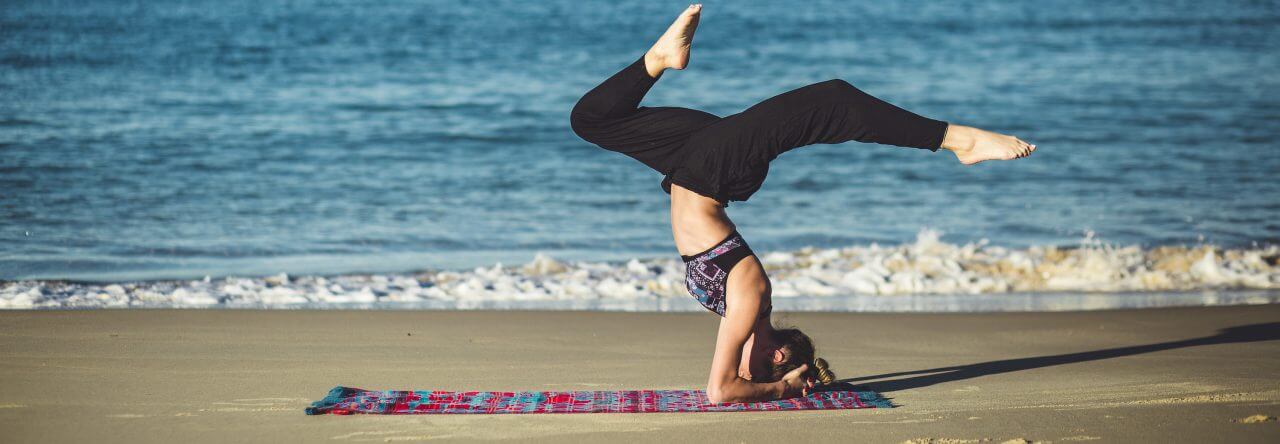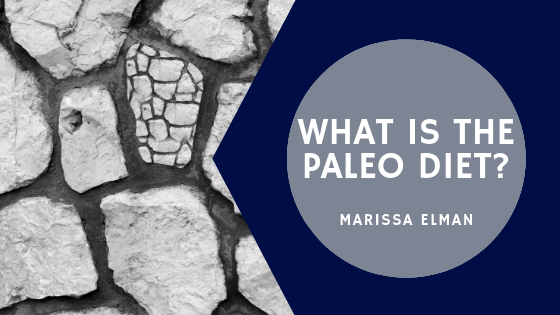There are so many great ways to learn about fitness today. We’ve always had access to fitness books, but with the introduction of the Internet, it became much easier to consume all forms of media. We now have access to blogs like this one, as well as video websites such as Youtube and one of the most popular media forms today – the podcast. Podcasts can be a great way to learn more about fitness and get all sorts of different perspectives in a bite-sized and passive manner. The problem is that there are so many podcasts available, it can be difficult to choose one! Here’s a list of great health and fitness podcasts to help you out.
Balanced Bites
There are plenty of great podcasts out there about eating and dieting, but Balanced Bites is among the best. This podcast is hosted by Diane, a certified nutritionist consultant, and Liz, a nutritional therapy practitioner, and each episode they feature expert guests. Them and their guests will often discuss paleo diet recipes and tips as well as giving plenty of expert insight on the latest trends as well as answering listeners’ questions.
The Gym Wits
Whether you’re new to fitness or a seasoned expert looking for new perspectives, you should check out The Gym Wits. The show’s hosts are made up of a fitness expert, a fitness enthusiast, and a registered dietitian. Each week they discuss various fitness related topics such as how to build muscle while losing fat, the best classes to take, and much more. Listening to this show will help you learn more about your body as well as give you valuable nutrition and fitness tips to help you achieve all of your aspirations.
Hurdle
We all know that fitness can be difficult, whether you’re new to it or a seasoned veteran. Everyone encounters obstacles in their fitness journey and not everyone is able to overcome them. In Hurdle, host Emily Abbate discusses the obstacles her and her guest hosts have encounter in their own fitness journeys and how they were able to overcome them. This show can be an excellent source of motivation when you’re struggling, as hearing these stories can help you remember that everybody struggles from time to time, and it’s very much possible to succeed.



